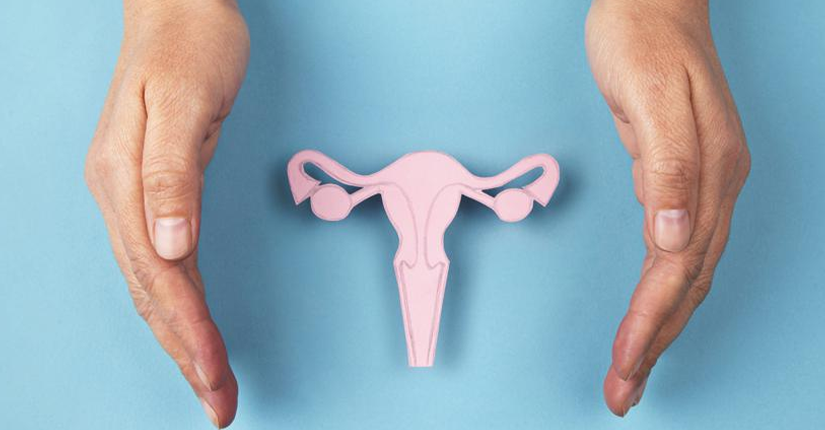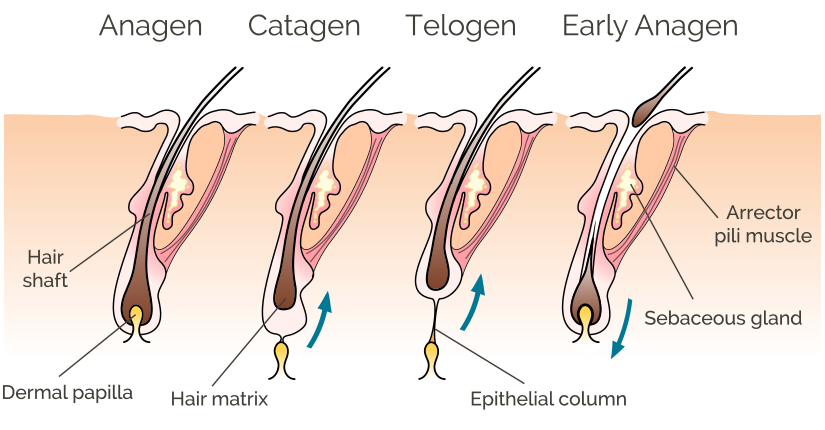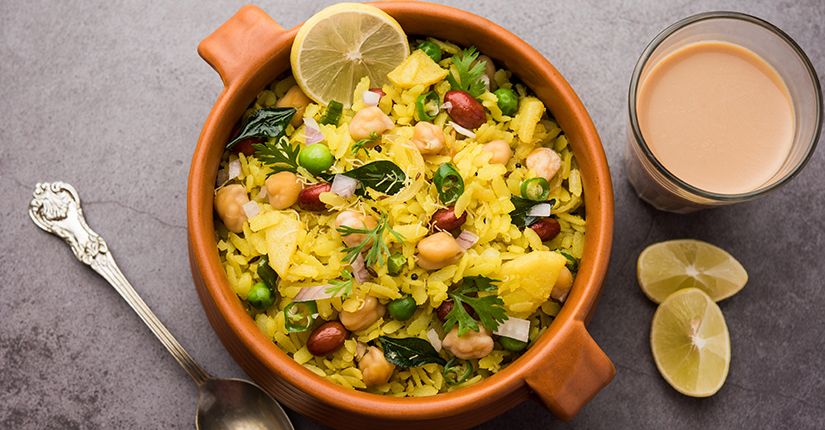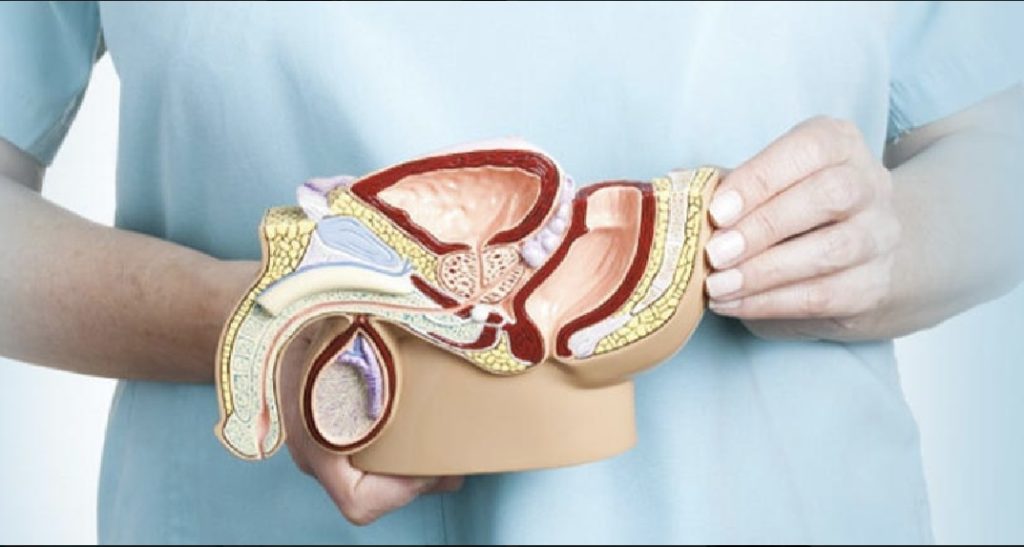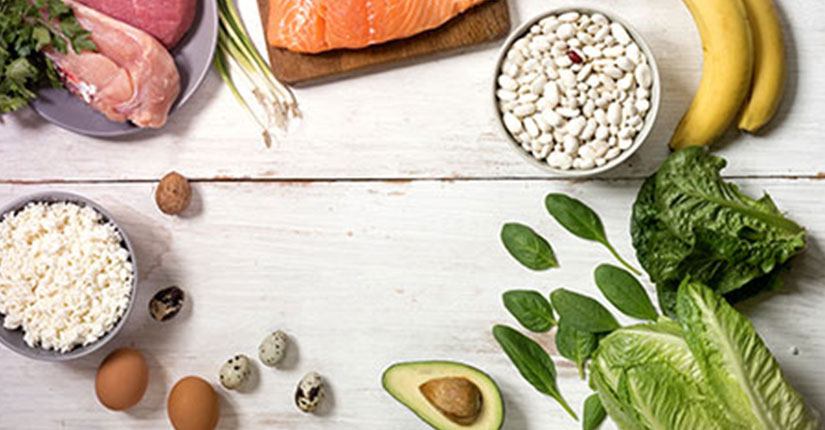6 Tips and Tricks for Managing Post-Natal Nutrition
By Nmami Agarwal 20-Jun 2023 Reading Time: 14 Mins

As a new mom, you might be feeling overwhelmed with all the new changes in your life. One of the most important things you can do for both yourself and your baby is to prioritize your nutrition. After giving birth your body needs time to recover and replenish itself, and proper nutrition is the key in the healing process. we will share with you six post-natal nutrition tips and tricks to help you nourish yourself and your baby.
Introduction: The Importance of Post-Natal Nutrition
Post-natal nutrition is often overlooked by new moms, but it is important for both the recovery of the mother and the development of the baby. After giving birth, your body needs extra nutrients to heal properly and to provide nourishment for your baby if you are breastfeeding, and eating a healthy and balanced diet can also help with postpartum depression and mood swings, which are common after giving birth. Additionally, your baby is still growing and needs nutrients from breast milk or formula to support their development
Tip 1: Nutrient-Dense Foods should be prioritized
After giving birth, a new mother’s body undergoes many changes, and it’s important to nourish both herself and her baby to ensure a smooth recovery, and eating nutrient-dense foods is a great way to do this. These foods contain a high amount of nutrients per calorie, which means that you can consume less food while still getting all of the necessary vitamins and minerals your body needs. Examples of nutrient-dense foods include leafy green vegetables, berries, nuts and seeds, whole grains, lean proteins, and fatty fish. These foods are rich in vitamins, minerals, fiber, and healthy fats that promote healing and provide energy to your body. It’s also important to note that nutrient-dense foods help with breastfeeding, breastfeeding mothers need extra calories and nutrients to produce milk and nourish their babies. By focusing on nutrient-dense foods, mothers can ensure that they are getting the necessary nutrients for both themselves and their babies.
Tip 2: Sufficient protein intake for Recovery and Milk production
Protein is a crucial nutrient for post-natal recovery and milk production and as a new mother, your body requires extra protein for tissue repair, healing, and the production of breast milk. It’s important to aim for a protein-rich diet that includes lean meats like chicken, turkey, and fish, as well as plant-based options like legumes, nuts, and seeds. These protein sources should be consumed at every meal and snack to ensure you’re getting an adequate amount throughout the day and incorporating healthy fats into your diet is also important for milk production. These include foods like avocado, nuts, seeds, and olive oil. In addition to providing healthy fats, these foods also offer a variety of important vitamins and minerals that are essential for post-natal recovery.
It’s important to note that some women may have difficulty consuming enough protein through whole foods alone.
Tip 3: Stay Hydrated throughout the Day
Staying hydrated is very important for every individual but for post-natal women, it is even more critical. Breastfeeding moms need to drink plenty of water to maintain breast milk supply and to prevent dehydration. Dehydration can lead to headaches, constipation, and fatigue, making it even harder to care for your newborn.
So, it’s important to make sure that you stay adequately hydrated throughout the day. Drinking water is the best way to hydrate yourself, but you can also drink fruit juices, herbal teas, or coconut water to switch things up. You can also drink water-based fruits like watermelon, pineapple, oranges, and grapefruits, which can help you stay hydrated while providing essential vitamins and minerals. It’s also important to avoid sugary drinks like soda or energy drinks, as they can cause dehydration and lead to weight gain.
Tip 4: Integrating Nutritious Fats to Foster Optimal Brain Growth
Incorporating healthy fats into your diet after giving birth is important for both you and your baby and not to forget healthy fats are essential for brain development, which is especially important during the early stages of your baby’s life. Omega-3 fatty acids, in particular, are crucial for brain development and can be found in fatty fish like salmon, as well as in chia seeds and flax seeds. Avocados are another great source of healthy fats and adding them to your diet can help you feel fuller for longer periods of time. This can be especially helpful if you’re breastfeeding and need to keep up your energy levels throughout the day. Nuts and seeds are also a great source of healthy fats and can be easily incorporated into your diet. Almonds are a great example as they are a fantastic source of healthy fats, protein, and fiber. You can snack on them throughout the day or even add them to your smoothies. It’s important to remember that while healthy fats are important, you should still aim to consume them in moderation.
Tip 5: Incorporate Natural Energy-Boosting Foods into Your Diet
New mothers often feel exhausted due to lack of sleep, hormonal changes, and caring for a newborn baby and it is essential to include foods that naturally boost energy levels in their diet to combat fatigue and stay active throughout the day. One of the best foods that can naturally boost energy levels is whole grains as they are packed with fiber, vitamins, and minerals that help regulate blood sugar levels and keep you feeling full for longer periods of time. Examples of whole grains include brown rice, quinoa, and whole wheat bread. Another great food to include in your diet for a natural energy boost is leafy green vegetables such as spinach, kale, and collard greens. These vegetables are rich in iron, which is essential for the production of red blood cells that carry oxygen to your body’s tissues these help to combat fatigue and boosts energy levels.
Fruits such as bananas, apples, and berries are also excellent sources of natural energy. These fruits are high in fiber, vitamins, and minerals, and help to regulate blood sugar levels. They also contain natural sugars that provide a quick energy boost without the crash that comes with consuming processed sugar. Finally, lean protein sources such as chicken, fish, beans, and lentils are excellent foods for boosting energy levels and preventing fatigue. These foods are rich in amino acids, which are the building blocks of protein and essential for maintaining healthy muscle mass and promoting overall energy levels.
Tip 6: Make a Meal Plan and Stick to it
After having a baby, it can be challenging to find time to prepare healthy meals. However, it’s important to prioritize meal prep and planning to ensure that you and your baby are getting the nutrients you both need and planning meals ahead of time will save you time and stress, and ensure that you have healthy options at your fingertips.
One way to make meal planning easier is to create a weekly menu. This will allow you to plan out your meals and snacks for the week ahead of time, and ensure that you have a variety of healthy options to choose from you can also prepare meals in bulk and store them in the freezer, so you always have a healthy meal on hand. In addition to meal planning and prep, it’s important to make sure you have healthy snacks on hand. Snacks like fresh fruit, nuts, and hummus can help keep you fueled throughout the day and prevent you from reaching for unhealthy options. Making meal prep and planning a priority may seem daunting at first, but it will ultimately save you time and stress in the long run.
Conclusion: Prioritizing Post-Natal Nutrition
In conclusion, prioritizing post-natal nutrition is crucial for both the mother’s and the baby’s health. After giving birth, the body undergoes several changes that require specific nutrients to heal and recover and a well-balanced diet that includes a variety of whole foods, healthy fats, lean proteins, and complex carbohydrates is essential. It’s also important to stay hydrated and avoid processed foods and sugary drinks.
Breastfeeding mothers should pay extra attention to their diet as their milk production is directly affected by what they eat. Remember to listen to your body and consult with a healthcare provider before making any major changes to your diet or taking any supplements. By prioritizing post-natal nutrition, you can ensure that you and your baby are getting all the essential nutrients needed for a healthy and happy life.







